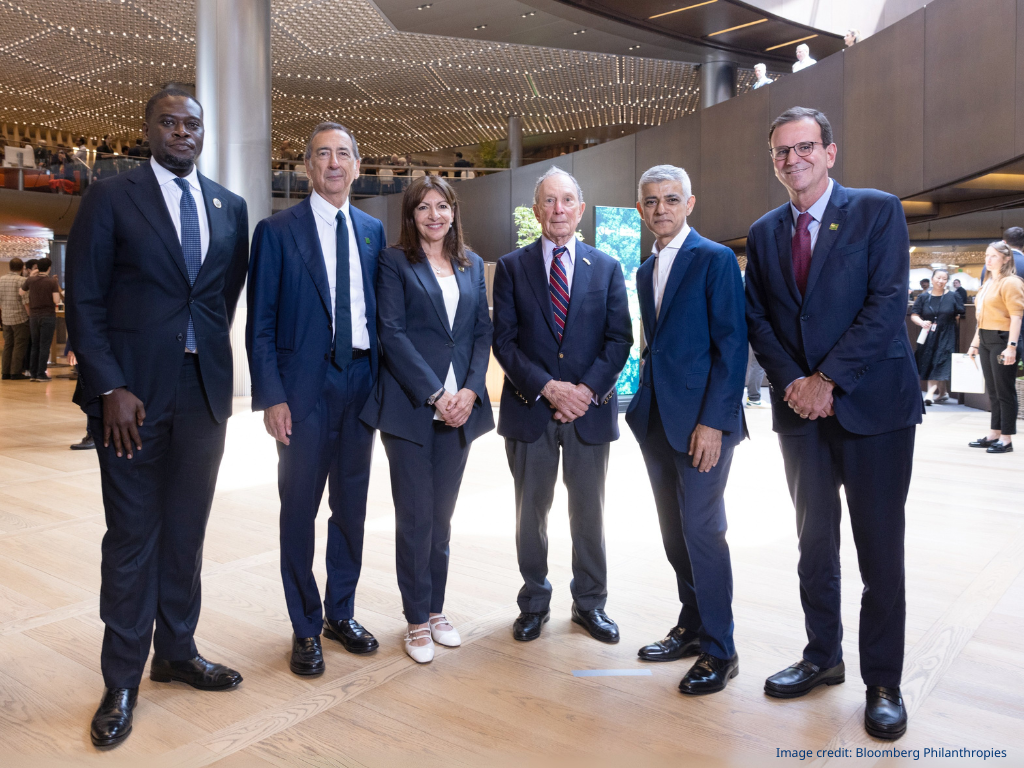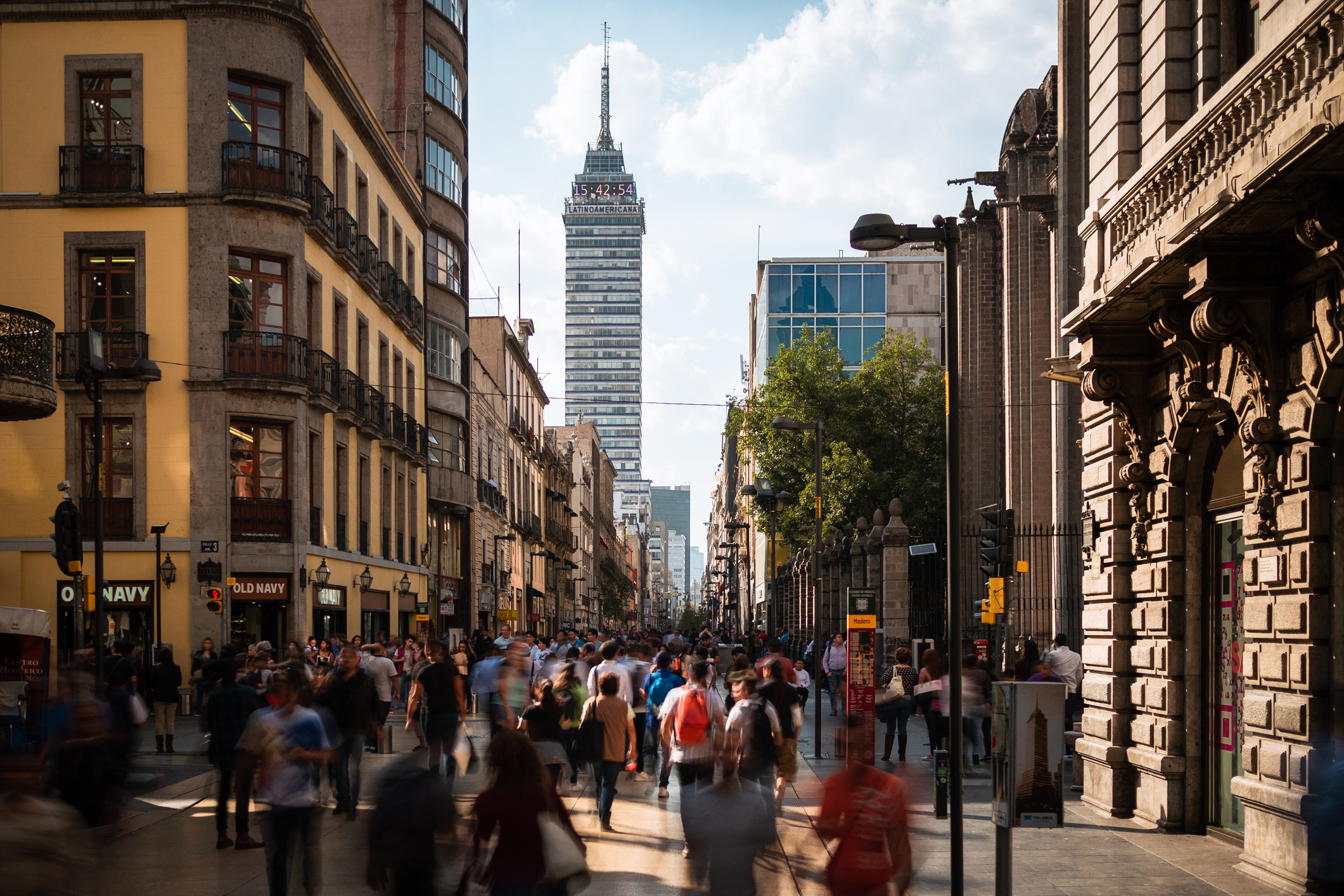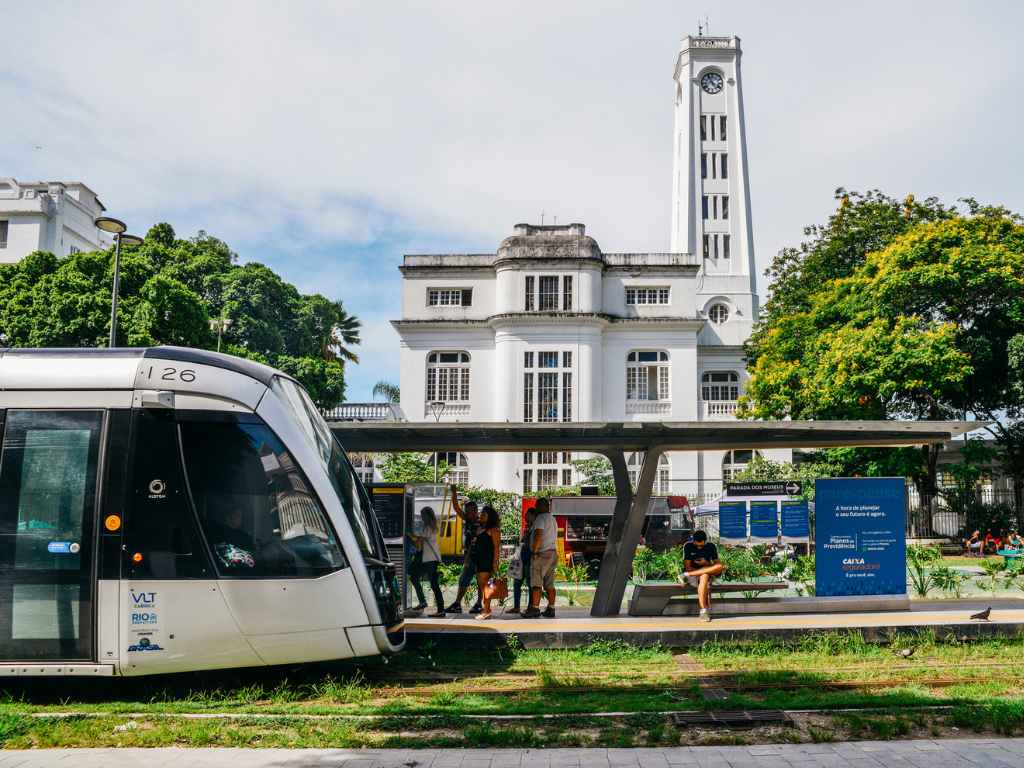Bangkok
Bangkok is the capital of Thailand, home to over 5.4 million people and one of Southeast Asia’s most populous urban areas. Under the leadership of Governor Chadchart Sittipunt, the city is taking bold steps to improve air quality. In 2024, Bangkok joined Breathe Cities to help tackle air pollution and ensure a healthier future for everyone who calls the city home.




As the Governor, I recognise the critical importance of addressing air pollution in our city, and significantly realize the greatest environmental risks to human health due to the air pollution. We, the Bangkok Metropolitan Administration, are firmly confident that the partnership among Breathe Cities members will help us improve air quality and shape public advocacy and policy measures for clean air in the city.
Chadchart Sittipunt
Governor of Bangkok

Air pollution in Bangkok
In 2023, the average level of harmful particles in Bangkok’s air was four times higher than what health experts recommend. The number of days when pollution levels exceeded Thailand’s national air quality standard increased by 15% from 2022 to 2023, rising from 84 days to 97 days.
Road transport is the main local source of air pollution in Bangkok, responsible for over half of citywide emissions. But during the dry season, also known as the burning season, air quality is especially poor. From November to May, around 30% of air pollution comes from within the city, while 60–70% comes from surrounding areas, largely due to biomass burning.
The impacts of air pollution are felt across the city, but some people are more exposed than others. Children, older people and informal workers, many of whom are women, young people and low-income migrant workers, are among the most affected. According to Save the Children, in 2023, children in Bangkok breathed unhealthy air for nearly 70% of the year.
Bangkok has already made progress in tackling air pollution, becoming one of the first cities in the region to tighten vehicle emission standards and rapidly expand its mass transit system over the past two to three decades. Building on this foundation, the city began issuing its own annual clean air action plans in 2021, aligned with national policy. In 2024, it introduced a low emissions zone to limit truck traffic when pollution is high, while Thailand has also updated its national air quality standard to better reflect health experts’ guidelines and signal its commitment to cleaner air.

What we're doing in Bangkok
Breathe Bangkok is working with city officials, air quality experts, local partners and communities to tackle air pollution and protect public health.
To address one of Bangkok’s main sources of pollution (transport), Breathe Bangkok is helping optimise electric bus services and supporting efforts to manage parking more sustainably. We are also helping support the development of a more coordinated and enforceable Low Emission Zone to address the city’s persistent air pollution challenges and ensure local communities’ perspectives are incorporated.
To support evidence-informed action, we are supporting research on air pollution and helping to improve how the city monitors and uses air quality data. These efforts will strengthen decision-making and inform future plans to clean the air.
Together with local organisations, Breathe Bangkok is raising public awareness about the health effects of air pollution, expanding community-led air quality and health monitoring in high-risk areas, and equipping residents to participate in budgeting processes for clean air measures. The initiative is also developing tools to help the city take targeted action in the areas facing the highest risks from air pollution.
In Bangkok, we work with a range of local partners and community groups in our efforts to clean the city’s air, including the Bangkok Metropolitan Administration, Hub of Talents for Air Pollution and Climate, Urban Studies Lab, Sasin Management Consulting, Big Data Institute, and Joint Graduate School of Energy and Environment.
Related Posts
-
 Blog26/06/2025Global
Blog26/06/2025GlobalBreathe Cities Celebrates Two Years of Global Clean Air Action
Marking two years since its announcement, Breathe Cities reflects on how a local model for… -
 Press Release16/10/2024Global
Press Release16/10/2024GlobalMexico City joins Breathe Cities initiative to cut air pollution
Mexico City has joined the Breathe Cities initiative to improve air quality, reduce carbon emissions,… -
 Blog07/10/2025Jakarta
Blog07/10/2025JakartaJakarta Students Reimagine a Cleaner City with Minecraft
Through the Schools Reinventing Cities competition, more than 2,000 young people from 324 schools used… -
 Press Release15/11/2024Rio de Janeiro
Press Release15/11/2024Rio de JaneiroRio de Janeiro launches Breathe Cities initiative to tackle air pollution
Rio de Janeiro has launched the 'Breathe Rio de Janeiro' initiative to enhance air quality…



